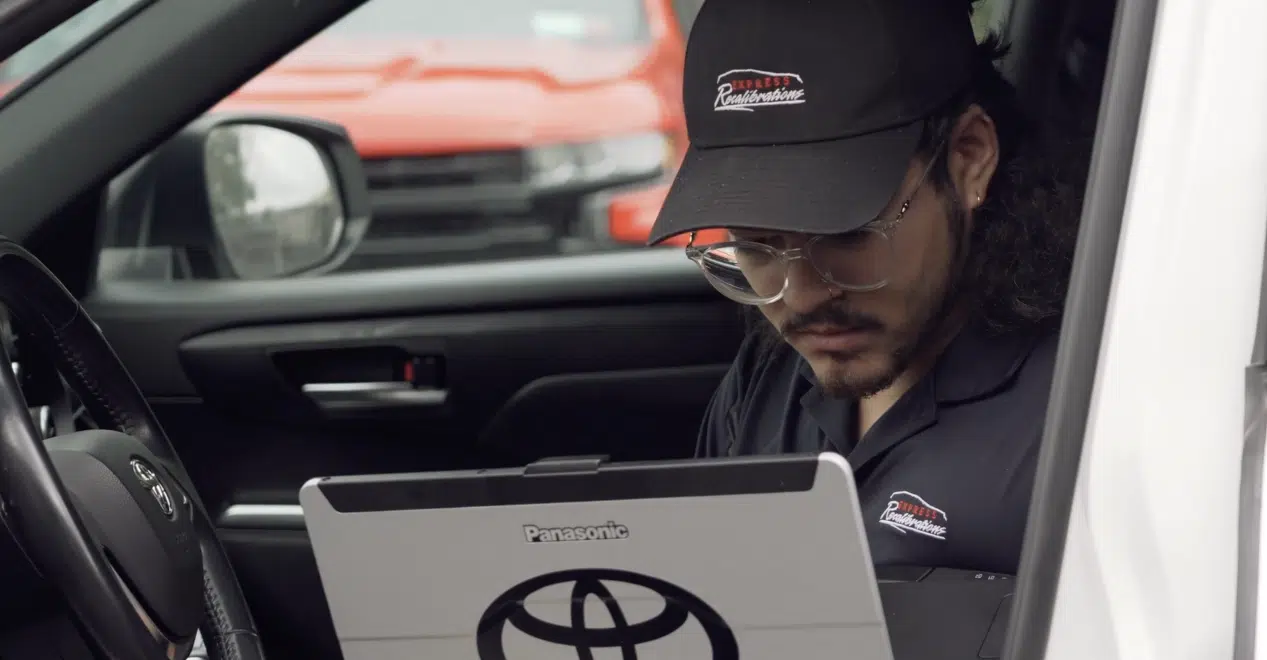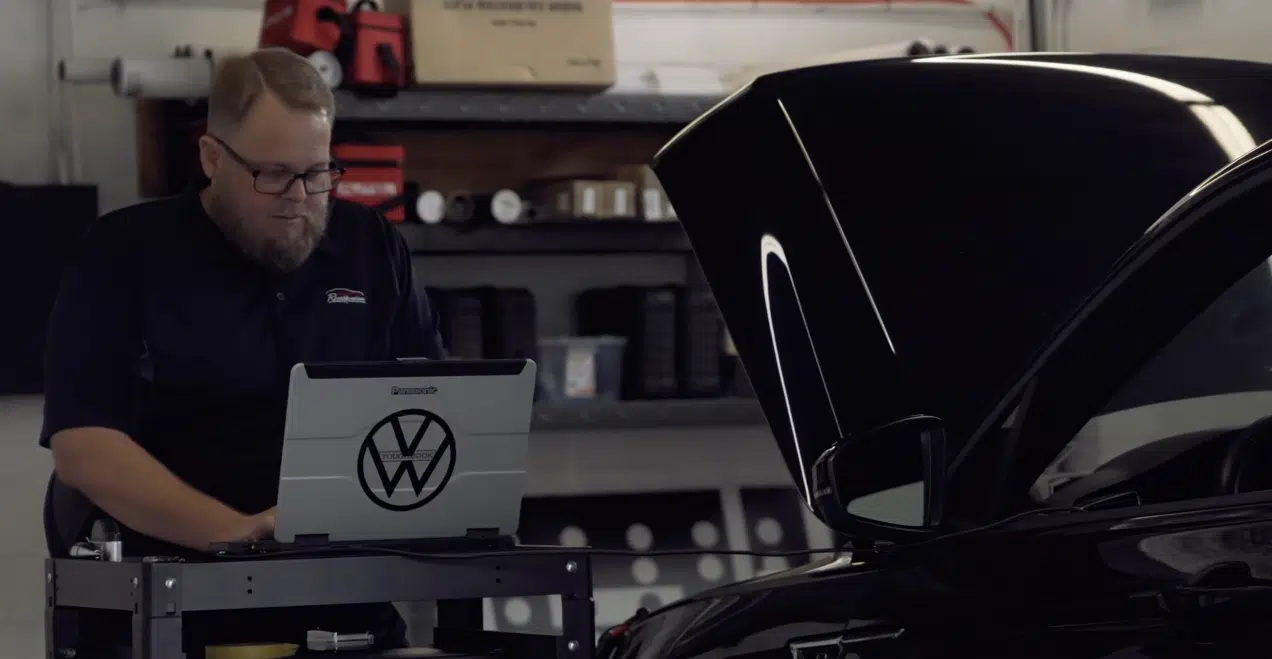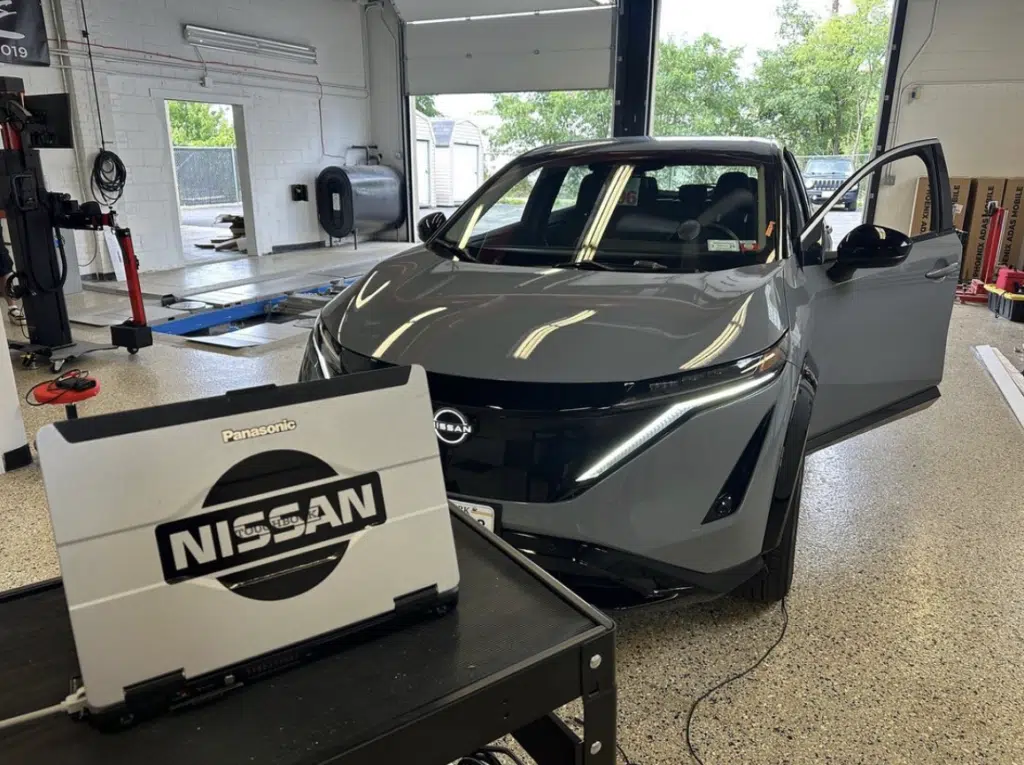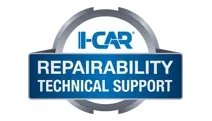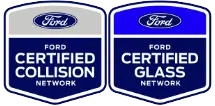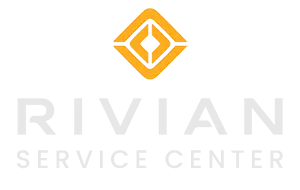GEICO recently released an updated standardized pricing sheet for AsTech scans and collaborations following “discussion and feedback,” as reported in an email to Auto Repair Xpress (ARX) Network shops. This agreement, announced last month, has sparked significant criticism from independent collision repair shops on social media and during a Collision Industry Conference (CIC) meeting held in Denver. Here’s why this move is problematic for the collision industry and why it represents a major overreach by an insurance company.
Undermining Independent Shops
Independent collision repair shops have long relied on their expertise and unique pricing structures to stay competitive in the market. GEICO’s standardized pricing agreement with AsTech threatens to undermine this by imposing a one-size-fits-all pricing model. This can put independent shops at a disadvantage, as they may struggle to compete with larger chains that can absorb the lower standardized rates more easily.
Quality of Repairs at Risk
One of the most troubling aspects of the agreement is GEICO’s reliance on AsTech’s Rules Engine to determine whether an aftermarket scan can replace an OEM scan. OEM scans are performed using the original manufacturer’s equipment and software, ensuring the highest level of accuracy and compatibility with the vehicle’s systems. Aftermarket scans, while often cheaper, may not offer the same level of precision and reliability. Prioritizing cost savings over quality can lead to subpar repairs, putting vehicle safety at risk.
Attempting to Set ADAS Calibration Prices for Mobile Companies
GEICO is not only setting prices for AsTech’s remote services but is also attempting to dictate pricing for ADAS calibrations performed by mobile companies. This move is particularly concerning because it imposes pricing guidelines on services that AsTech, a remote service provider, doesn’t directly offer. According to the new pricing structure chart provided by GEICO, the insurer has raised the price(from its original announcement) that it will pay shops for certain calibration services. However, the base prices it strongly recommends shops charge still seem to be determined by AsTech. This disconnect highlights the problematic nature of an insurer setting prices for specialized services outside their expertise.
Adjusting Prices in Response to Backlash
The fact that GEICO has already adjusted their initial price structure demonstrates that they were not prepared for the initial rollout nor for the backlash it received. The need to make changes after the initial announcement shows a lack of readiness and understanding of the collision repair industry’s complexities. This reactive approach raises concerns about the insurer’s ability to make informed decisions that affect repair quality and shop operations.
Criticism from Industry Experts
Kristen Felder, president of Collision Hub, shared her perspective on social media, drawing from her own experience as a claims adjuster—a role she describes as “the hardest job I ever had.” In her video, Felder questions the logic behind insurers setting prices for services they neither offer nor fully understand. “You made the decision at corporate, but you’re asking us, the claims people at the front lines, to deliver pricing that we can’t explain about something we can’t do,” she says. Felder warns that a payment structure like GEICO’s could lead to denied safety services and questions if GEICO is prepared to defend these decisions in court based on a third-party vendor’s recommendations.
Erosion of Fair Market Practices
Standardized pricing agreements like the one between GEICO and AsTech can also erode fair market practices. The collision repair industry thrives on competition, which drives shops to provide the best possible service at competitive prices while still making a profit. When an insurance company dictates prices, it disrupts this balance, potentially leading to a monopolistic environment where only a few large players can thrive. This can reduce consumer choice and ultimately lower the overall quality of services available.
The Bigger Picture: Insurance Overreach
This move by GEICO is part of a broader trend of insurance companies exerting more control over the collision repair process. While insurers play a crucial role in managing repair costs and ensuring that repairs are completed efficiently, there is a fine line between oversight and overreach. By attempting to set market prices and dictate the use of specific technologies, GEICO is stepping over this line. This overreach can lead to a conflict of interest, where the insurer’s focus on cost savings undermines the quality and integrity of repairs.
Conclusion
GEICO’s agreement with AsTech to standardize pricing for scans and collaborations represents a significant overreach by an insurance company. It threatens the independence and competitiveness of collision repair shops and independent calibration and diagnostic companies, compromises the quality of repairs, stifles innovation, and erodes fair market practices. Industry experts like Kristen Felder highlight the absurdity of insurers setting prices for specialized services they do not provide or understand. The fact that GEICO had to adjust its initial pricing structure shows a lack of readiness and insight into the industry. As the industry grapples with these changes, it is crucial for repair shops, industry associations, and consumers to voice their concerns and advocate for practices that prioritize quality, safety, and fairness over cost-cutting measures.
James Grimaldi
ADAS Rockstar
